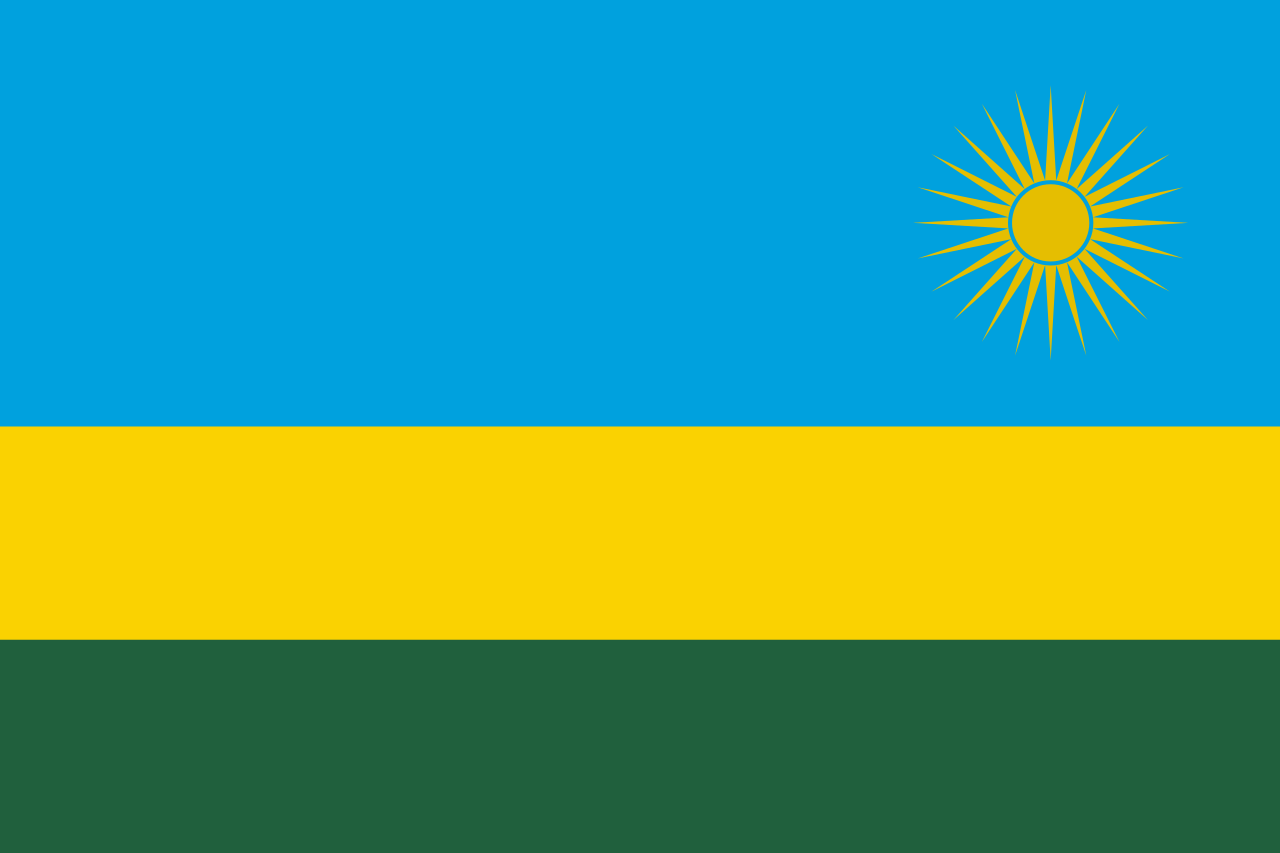South Sudan’s President Salva Kiir urged Sudanese holdout groups Sunday to join the negotiation table to fast-track the implementation of the Juba Peace Agreement.
He spoke after leaders from South Sudan and Sudan witnessed the signing of the third amendment of an implementation matrix of the agreement between Sudan’s government and opposition groups under the Sudan Revolutionary Front (SRF).
President Kiir, who is the guarantor of the Sudan peace agreement, said the signed implementation matrix will fast-track the formation of the transitional government of national unity in Sudan.
"I would like to once again call upon General Abdelaziz Adam El Hilu, the leader of the SPLM-North, and Ustaz Abdul Wahid Mohamed al Nur, the leader of the Sudan Liberation Movement, to seriously consider joining the Juba Peace Agreement,” said Kiir, according to a press statement posted on his official Facebook page.
He stressed that lasting peace in Sudan will remain elusive until these leaders join the peace train.
Kiir said that peace is an important dividend for the two sisterly countries.
"As a guarantor, our shared historical values and common interests demand that we work for stability to ensure prosperity for our people. It is our desire for peace in Sudan that compelled us to host numerous rounds of negotiations between the transitional government and various oppositions groups,” he said.
He said the new roadmap is not an attempt at renegotiating the 2020 Juba peace agreement signed to end decades of conflict but rather to facilitate dialogue among parties to transition the country toward sustainable peace.
“As the guarantor who led the process, let me reiterate on behalf of other guarantors that this workshop is not a parallel political process or a renegotiation of the Juba Peace Agreement. It is intended to contribute to the ongoing dialogue in Sudan about options for the transition and best approach towards the issue of democratic transformation.”
The opposition parties that signed the matrix include the Sudan People’s Liberation Movement-North (SPLM-North) faction led by Malik Agar, the Justice and Equality Movement under Gibril Ibrahim, the Democratic Union party led by Eltom Hajou and the Sudan Liberation Movement under Minni Minnawi.
The holdout groups such as the SPLM-N faction led by Abdel Aziz Al-Hilu and Sudan Liberation Movement under Abdul Wahi Al-Nur did not sign the matrix.
Abdel Fattah al-Burhan, the head of Sudan’s Sovereign Council, said his government remains committed to realizing security, freedom and development in all regions of Sudan.
“The implementation of the Juba peace agreement will help in putting into practice the 2012 cooperation agreement, providing joint border security and the opening of border points for trade and exchange,” said Al-Burhan.
He reaffirmed his government’s commitment to work with the signatories to the Juba peace deal to fully implement the matrix for lasting peace in Sudan.
Minnawi called on the international community and the region to avail financial and political support for the implementation of the peace deal, which has stalled due to a lack of funding and political uncertainty in Sudan.
“We need political and financial support including regional and international support to bring changes and fully implement all pending tasks. In Darfur, we call for peace and development, and we hope the Juba Peace Agreement will allow refugees and internally displaced persons to return to their original homes,” said Minnawi.
Ismail Wais, the special envoy to Sudan and South Sudan of the Intergovernmental Authority on Development (IGAD), urged the signatories to the Juba Peace Agreement to consistently implement it, noting that the peace guarantors are behind the government of Sudan to ensure that a sustainable peace is reached in the country.
El Sheikh Iben Omar, the special advisor of Chad’s President Mahamat Idriss Deby Itno, commended the government of South Sudan for the support and mediation of the Sudanese peace agreement.
The Juba Peace Agreement was signed in Juba under the auspices of President Kiir on Oct. 3, 2020 between the Sudanese government and 14 signatories. The Republic of Chad, United Arab Emirates and IGAD are the guarantors, while Egypt and Qatar are witnesses to the peace deal. - Benjamin Takpiny, Anadolu Agency






